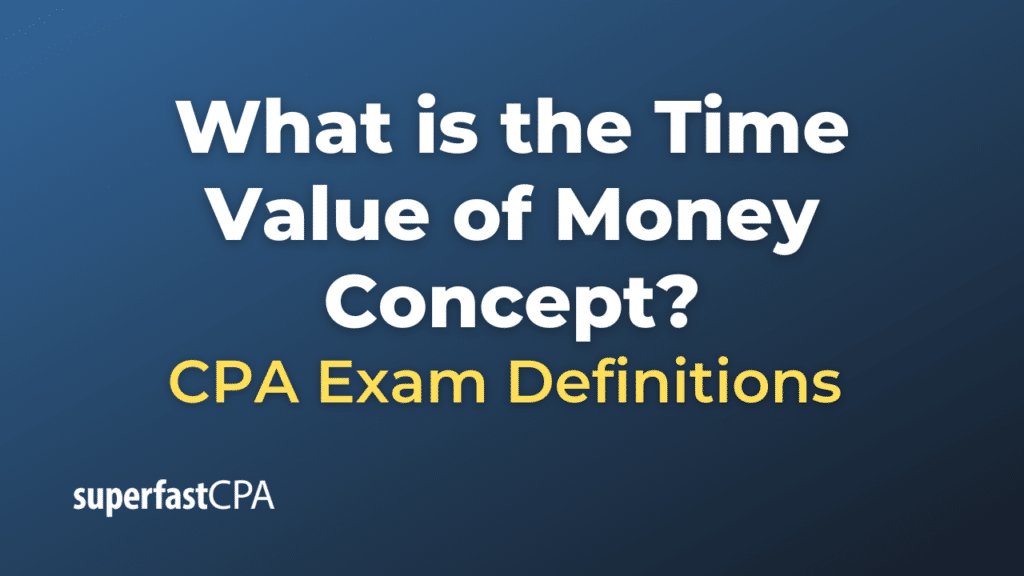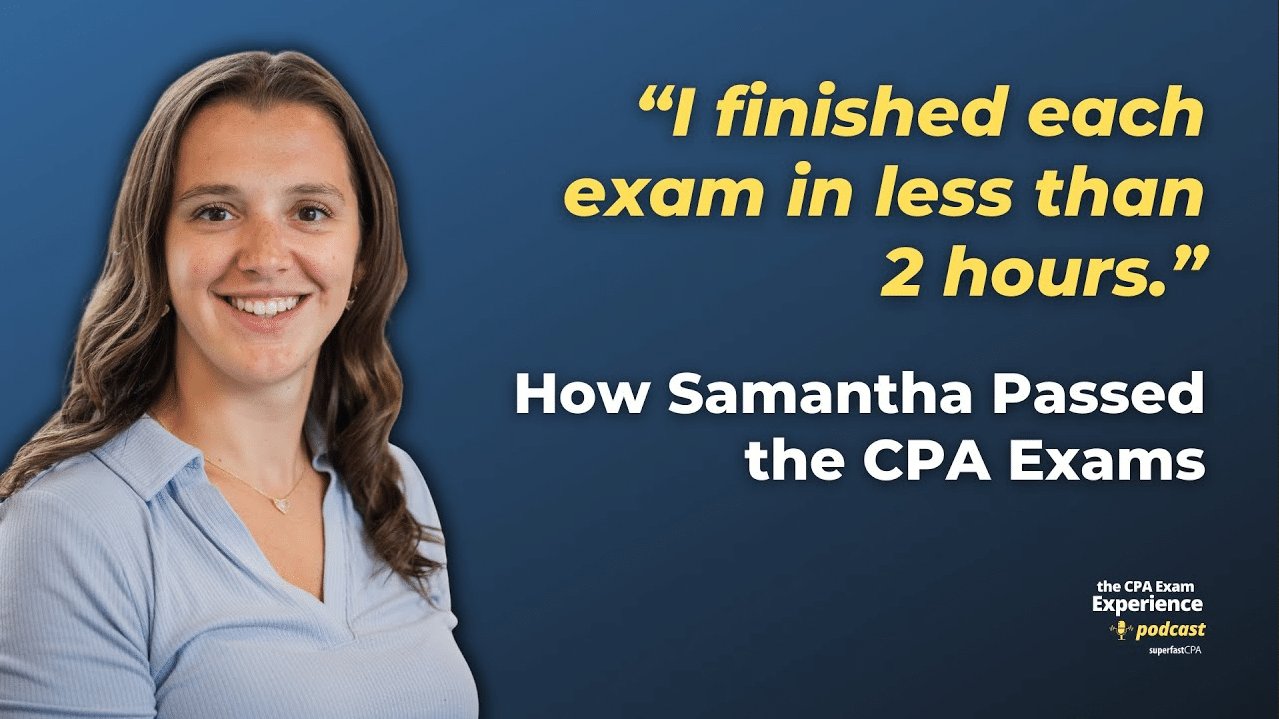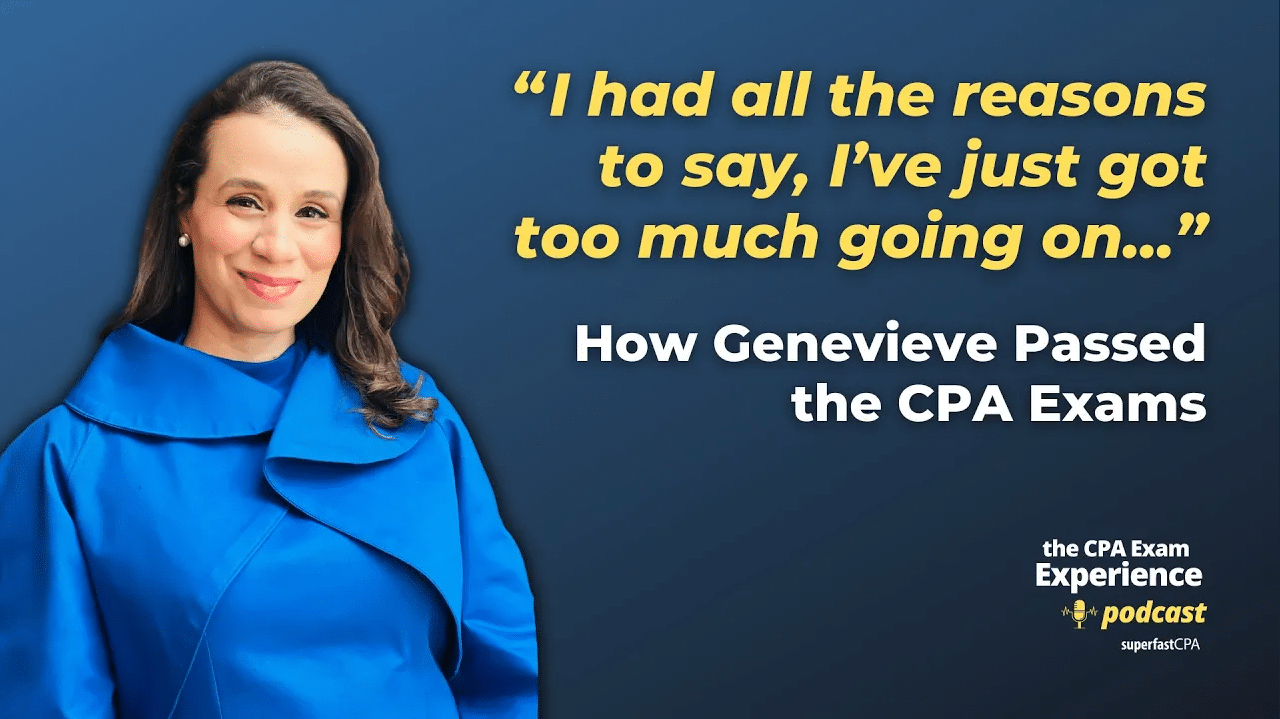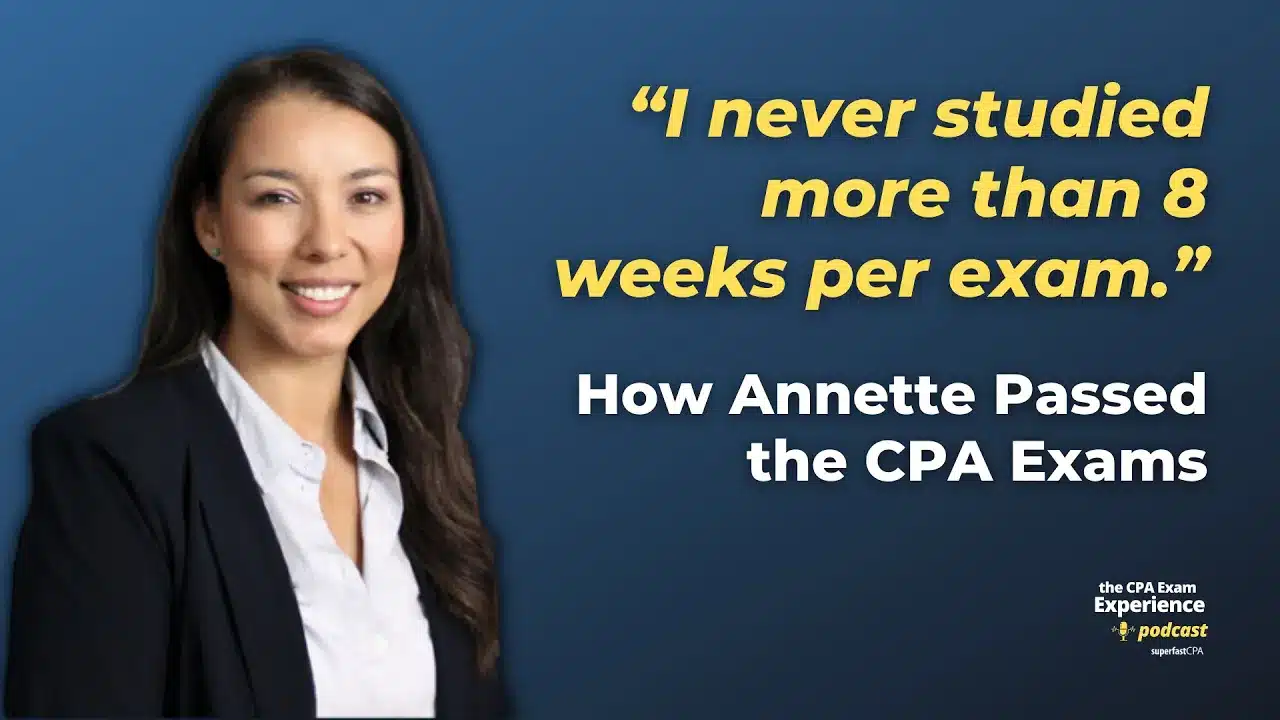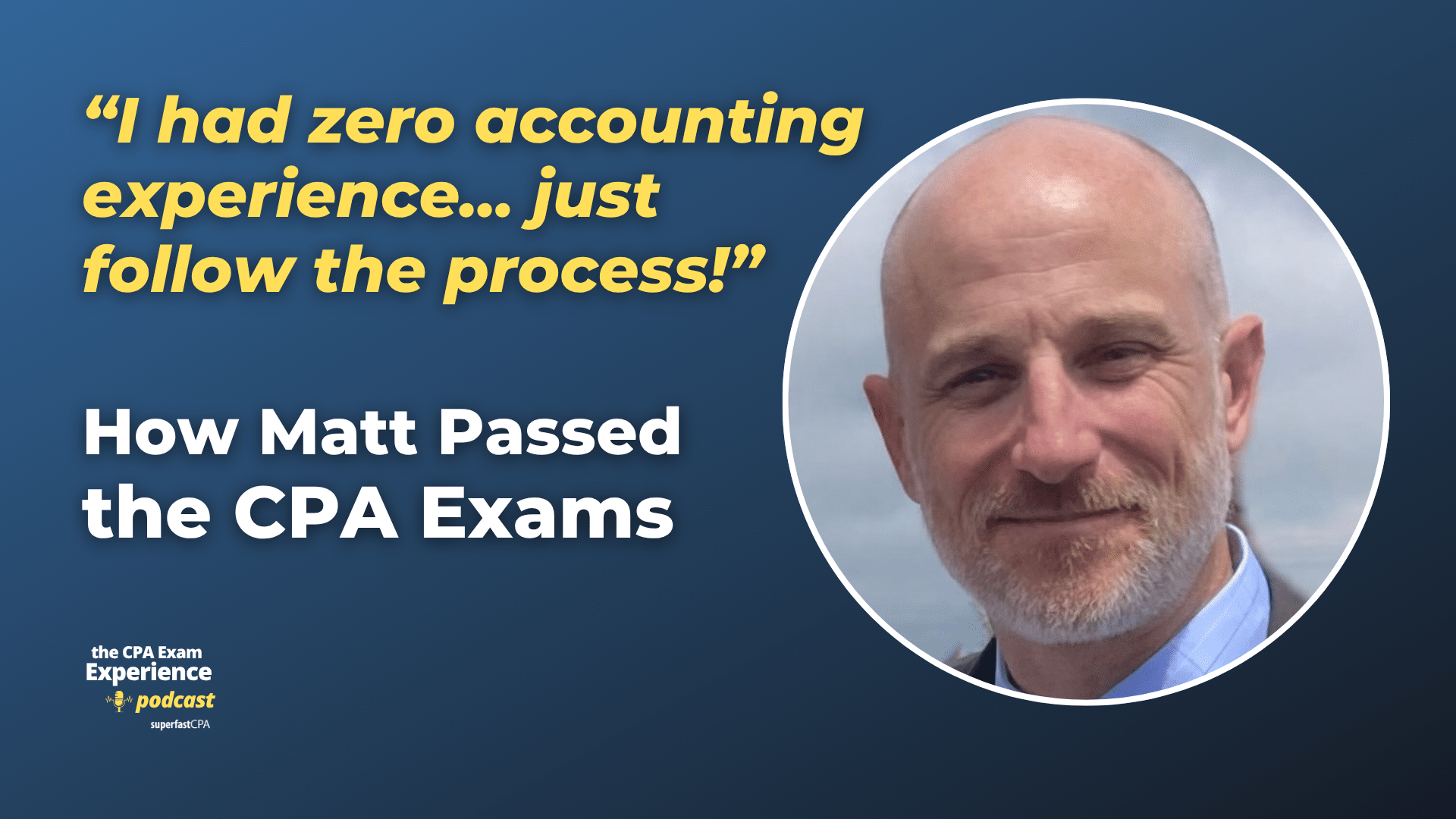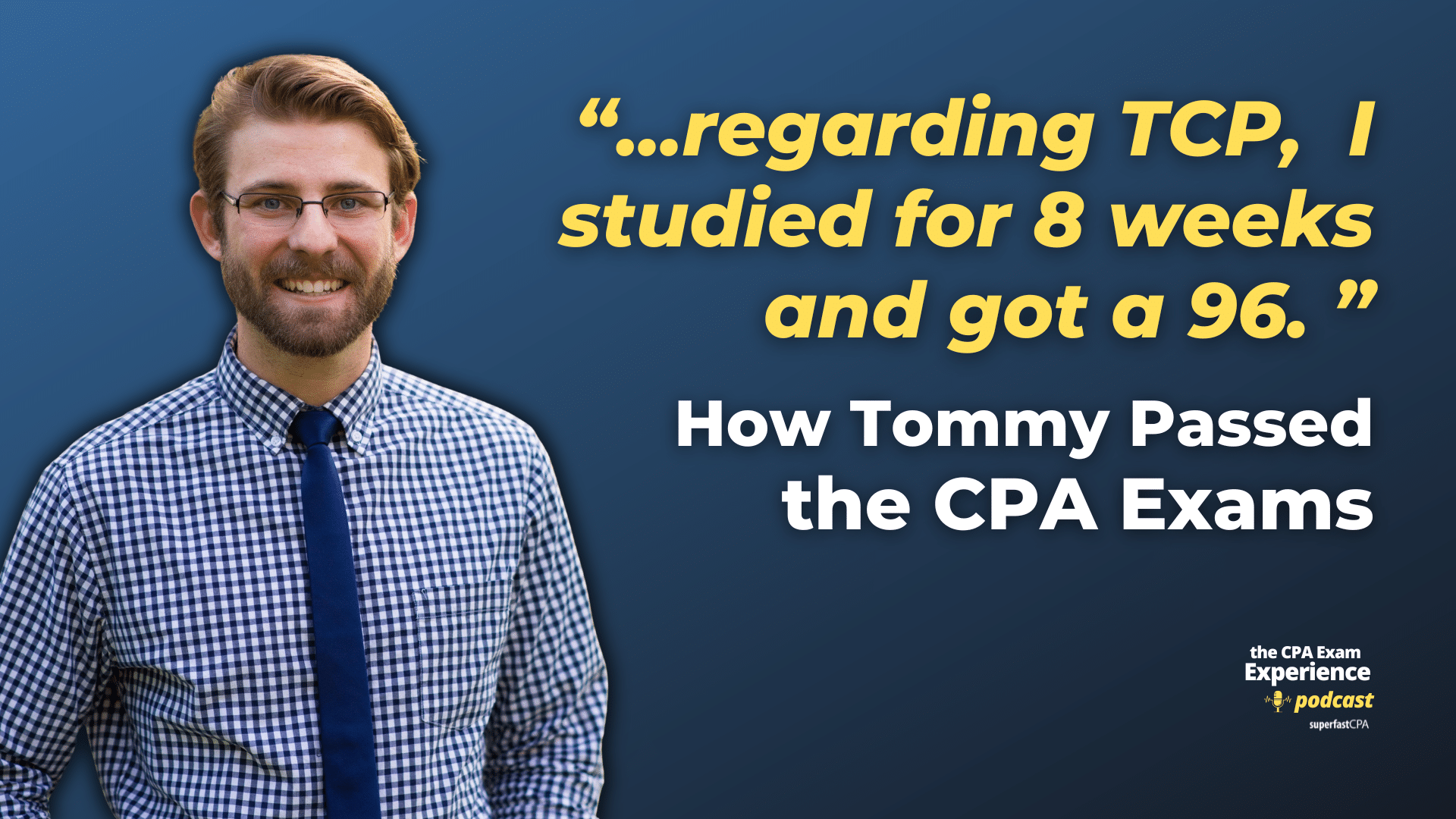Time Value of Money Concept
The Time Value of Money (TVM) is a fundamental financial concept that states that a sum of money has a different value today than it does at a future date. The idea behind TVM is that the purchasing power of money changes over time due to factors like inflation, interest rates, and opportunity costs. In simpler terms, a dollar received today is worth more than a dollar received in the future.
There are several key principles and concepts related to the TVM:
- Present Value (PV) : This refers to the current value of a sum of money that is to be received or paid in the future, discounted at a particular interest rate. Essentially, it answers the question: “How much is a future sum worth today?”
- Future Value (FV) : This is the opposite of present value. It represents the worth of a sum of money at a specific point in the future, given a certain interest rate. It answers the question: “How much will a sum of money today be worth in the future?”
- Interest Rate: This is the rate of return or the cost of borrowing money. It is used to discount or compound the value of money over time.
- Compounding : This refers to the process where an investment earns interest, and then that interest earns interest on itself in subsequent periods.
- Discounting: This is the reverse of compounding. It’s the process of determining the present value of a future sum by “discounting” future cash flows back to the present day.
- Opportunity Cost: This represents the potential benefits an individual or business misses out on when choosing one alternative over another. The concept is crucial in TVM as it considers what returns could be earned if money was invested elsewhere.
Example of the Time Value of Money Concept
Let’s dive into a more detailed, practical example of the Time Value of Money (TVM) using the concept of Future Value (FV).
Scenario: Saving for College
Background: Sophia has just given birth to her daughter, Ava. Sophia wants to set up a college fund for Ava and plans to deposit $5,000 today into an account that earns an annual interest rate of 5%. She wants to know how much this investment will be worth when Ava turns 18.
Future Value Calculation: To determine the value of the investment in 18 years, Sophia will use the Future Value formula for compound interest:
FV = PV (1 + r)n
Where:
- PV = Present Value (the initial amount) = $5,000
- r = annual interest rate = 5% or 0.05
- n = number of years the money is invested = 18
Plugging in the values:
FV = $5,000 (1 + 0.05)^{18
FV = $5,000 (1.05)^18
FV ≈ $12,367.63
Outcome:
In 18 years, given a consistent annual interest rate of 5%, Sophia’s initial deposit of $5,000 for Ava’s college fund will grow to approximately $12,367.63.
This example illustrates the power of compound interest and the principle of the Time Value of Money. Sophia’s initial investment more than doubles over the course of 18 years due to the compounding effect. It emphasizes the notion that money available today (and invested wisely) can grow to a significantly larger amount in the future.

